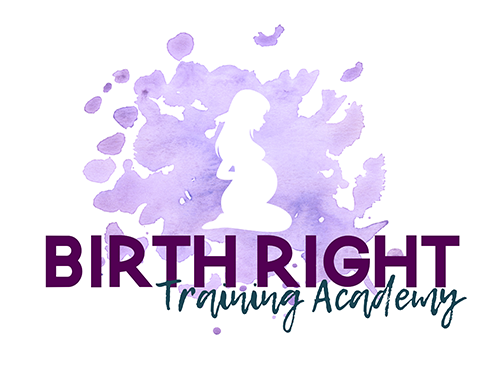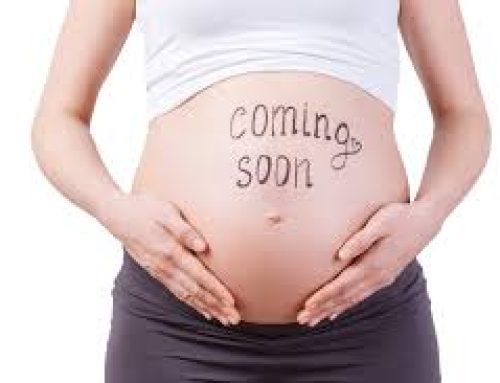DEVALUING CHILDBIRTH
Effects on a woman’s confidence and self-esteem
Childbirth is the most important role a woman plays in our community. Pregnancy is a powerful force and should be respected. The message of our community is often that the experience of birthing is not that important. ‘You have a healthy baby’ – so you have no rights to have feelings or complaints about the birth experience. Many women have come to see me because they could not find anyone to talk to about their birth experience. Some express guilt at daring to voice these strong, powerful negative and damaging emotions surrounding their childbirth experience. The often unspoken implication is that they don’t care about the baby, only themselves, and it is a way of saying that giving birth should not matter to a woman. These needs must be acknowledged and support provided, otherwise this can affect her sense of self-esteem and bonding with her baby. This significant life event should never be devalued and a woman’s sense of worth undermined.
Competitive birthing stories
?As a community we encourage competition from a very early age. Just look at a new mother’s group, which often begins with each woman’s birth story. Women are exploited to compete with one another, arguing whether the experience of birth was beautiful, ‘natural’, fraught with interventions, longest labour ever! This is, by its very nature, competitive – and comes with self-imposed ratings to justify what went wrong.
Childbirth is an intense and powerful experience that will change a woman’s identity. It is always a woman’s experience. This is not to devalue the man’s experience, but men do not have the transformation of physicality, emotional and spiritual. Birth is feminine. Thinking about labour and birthing evokes a tremendous amount of anxiety, fear, excitement and anticipation. A woman’s sense of personal identity is changing. A woman needs the opportunity to explore the relationship to her changing body, mind and identity, if she is going to be ready for birthing.
Prenatal care
?There are a number of options for prenatal care for women. WHO (world health organisation) recommends a continuous model of care. Midwifery group practices, have been set up in some public hospitals to offer continuous midwifery care throughout pregnancy, labour and birthing. These models of care are, of course, difficult to implement, due to various shift work policies, sick leave, annual leave etc. and I have witnessed many births where a woman has developed a relationship with 1 or 2 particular caregivers, only to find, on the birthing day, she meets a new midwife, who is in a relieving position. These caregivers are obliged to follow the hospital’s set of guidelines, policies, rules and regulations, ticking all the boxes about necessary ‘care’ for a pregnant woman.
We do not treat the prenatal period as one of family making, which it is. A woman’s positive feelings about her femininity come from a sense of support, acceptance and encouragement to express herself as a whole person, in any way that contributes to her sense of well-being. The determining factor in a woman’s self-esteem is that she has the opportunity to address her own emotional changes about becoming a mother and the experience of her body in pregnancy, labour, birthing and post-natally.
When women address the emotional aspects of their transition to motherhood, their potential for complications of labour is decreased. Anxiety and fears have been decreased.
There are many factors which influence a woman leading up to birthing including:
• Her mothers and grandmothers experiences and stories of birth
• Her experience of how she came into the world
• Her relationship to her own mother and father
• Her expectations about motherhood
• Over dramatized media stories
• Incorrect information in books, television programs etc.
Holistic Care
?How women choose to give birth will be influenced by availability of choice. When emotional factors are included as a part of routine prenatal care, research has shown a decrease in complications of labour and increases in women’s self-esteem.
Shopping around for a caregiver and place to birth is essential, and a comprehensive guide in ‘how to’ can be found in my ‘Birth Right’ (Random House) book.
A doula is essential to the woman and her partner. A doula has the time, to listen, guide, explain choices, and explore innermost thoughts. Doulas provide invaluable information and preparation for birthing, supporting both the birthing woman and her partner. Protecting, nurturing and advocating so the woman can enter her zone, and feel safe to do, whatever she needs to, to birth her baby. More information can be found in my book ‘Doulas-why every pregnant woman deserves one’.
Prenatal Education
There are many, many pregnancy classes for women to choose. It can be confusing and overwhelming, making it difficult to choose. As a general guide, hospital based classes will focus on how to follow hospital policies and procedures and the general theme is about pain management.
Independent classes: there are many offering different ‘methods’, so how to choose?
• Ask the qualifications of the person running the course
• What can you expect in the course?
• What experience has the childbirth educator got in pregnancy and birthing?
• What is the focus?
Our Inside Birth® pregnancy classes, focus on how amazing, wonderful and joyous the birthing experience can be. Teaching these deep hypnosis techniques is very rewarding as everyone leaves the course feeling confident, empowered and looking forward to welcoming their baby into the world, as it should be.
Providing this level of education and ongoing support is essential so that women and families are supported in the birthing experience, and go forward to their birthing with supreme confidence, particularly when the results contribute to a decrease in complications and an increase in self-esteem.
It is a privilege to be part of this amazing miracle. Our pregnant women need to be respected by all of society. They are growing our next generation and we want to value them and their unborn baby.




